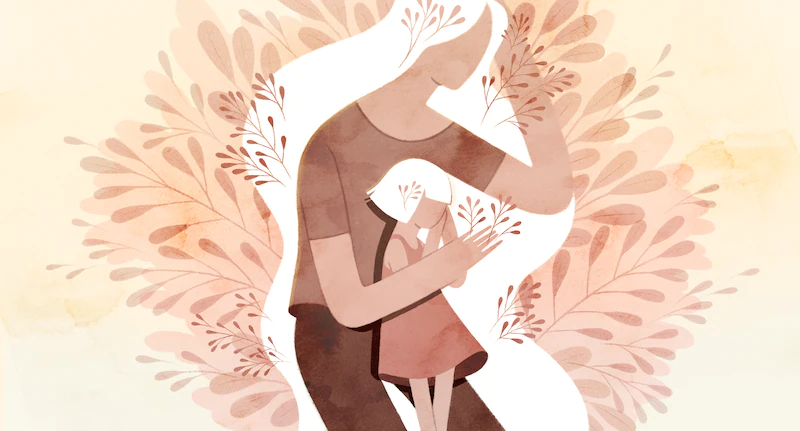Motherhood is often narrowly defined as the unwavering dedication to one’s own family—husband, children, and household responsibilities. However, this traditional view limits the true potential of what it means to be a mother. A more expansive and profound understanding of motherhood includes acting as a nurturing figure for all, similar to the way Mother Teresa devoted herself to the well-being of humanity.
Beyond Selfish Motives
The conventional role of a mother sometimes harbors inherent selfishness, focusing solely on the immediate family. This can inadvertently lead to conflicts and issues in other families. Mothers must transcend these self-centered tendencies and embrace a more inclusive and selfless approach to their nurturing role.
Embracing Wisdom from Children
It’s a common belief that mothers are the ultimate guides and authority figures for their children. However, this perspective overlooks the fact that children often possess unique insights and intelligence that can surpass that of their parents. Mothers should remain open to learning from their children, recognizing that the process of learning is continuous and mutual.
Avoiding Control and Embracing Growth
Excessive control over children can stifle their growth and development. Instead of imposing strict obedience, mothers should foster an environment that encourages independent thinking and learning. Proudly acknowledging a child’s intelligence and potential is far more beneficial than feeling threatened or jealous.
Continuous Learning in Motherhood
Attaining the state of motherhood does not mark the end of personal growth; it is merely another step in the ongoing journey of learning. Mothers must remain open to new experiences, perspectives, and knowledge, understanding that parenting is an evolving art form with endless opportunities for improvement.
Teaching Values and Morals
In any situation, mothers must impart positive and constructive values to their children. Teaching by example and guiding children toward ethical behavior is a fundamental responsibility of motherhood.
The Art of Parenting
Parenting is not a static skill but a dynamic art that requires constant adaptation and learning. Each child is unique, and effective parenting involves recognizing and nurturing their individual strengths and potential. By embracing this holistic approach, mothers can fulfill their role in a way that benefits not just their own family, but society as a whole.

